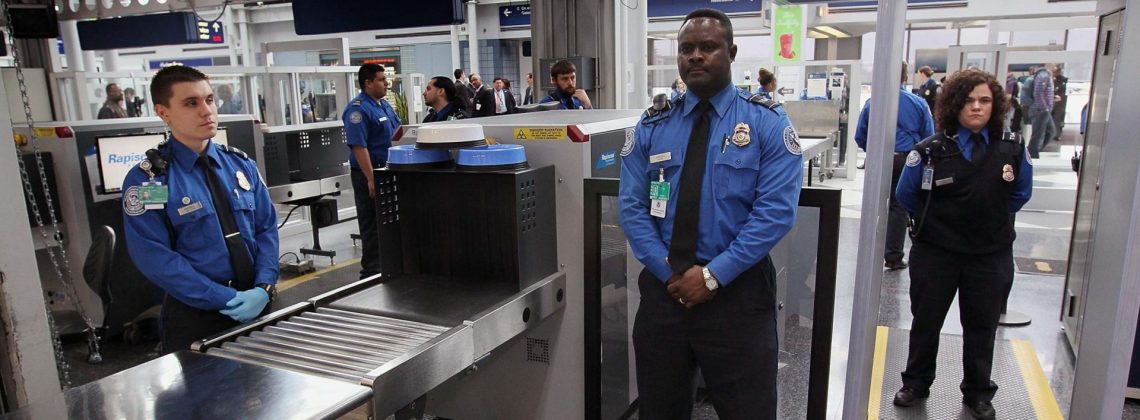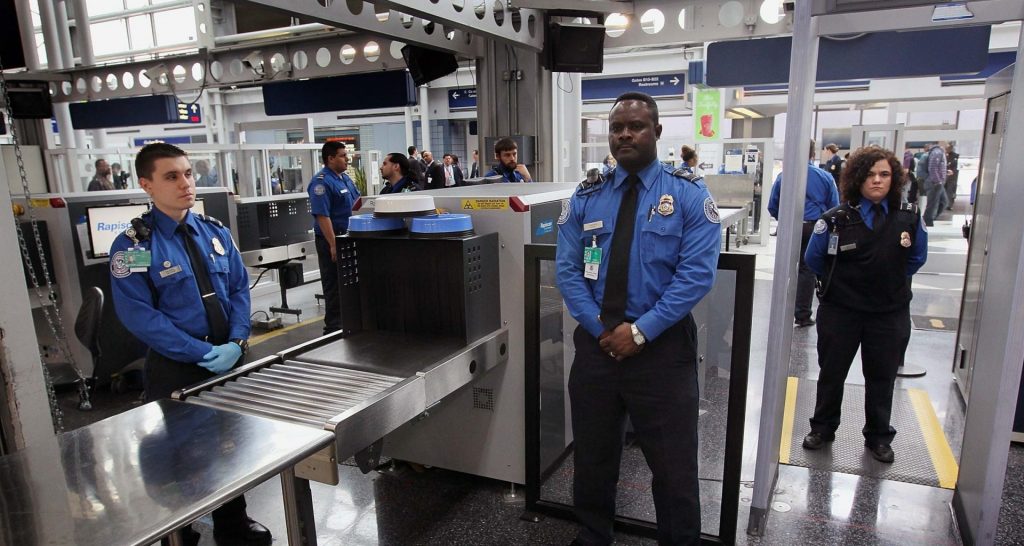

Juliette Kayyem is faculty of chair of the homeland security program at Harvard’s Kennedy School of Government. In her recent piece at The Atlantic she argues that unvaccinated people should not be allowed on domestic flights.
A taste:
Polls suggest that vaccine holdouts have a variety of motivations: genuine concerns about side effects; skepticism of shots not yet fully approved by the FDA; a general aversion to vaccines; a desire to stick it to the libs; a reluctance to decide—even now. In a recent New York Times and Kaiser Family Foundation poll, 46 percent of unvaccinated people who consider themselves in the “wait and see” category disclosed that they would stop waiting if they could get a shot from their personal physician. Forty-four percent agreed that the FDA’s full approval of the vaccines would motivate them. And 41 percent said that a prohibition on airline travel would get them closer to their shots. Tellingly, 11 percent of those adamantly opposed to vaccination would also be motivated by a travel ban—a larger effect for these respondents than full FDA approval or the ability to get vaccinated at their doctor’s office would have. More than another recitation of statistics about vaccines’ benefits or yet another appeal to the common good, the deprivation of movement will win over doubters. Some unvaccinated Americans in areas where vaccination seekers face scorn among their peer group may even be happy to have an excuse to protect themselves.
Polls suggest that vaccine holdouts have a variety of motivations: genuine concerns about side effects; skepticism of shots not yet fully approved by the FDA; a general aversion to vaccines; a desire to stick it to the libs; a reluctance to decide—even now. In a recent New York Times and Kaiser Family Foundation poll, 46 percent of unvaccinated people who consider themselves in the “wait and see” category disclosed that they would stop waiting if they could get a shot from their personal physician. Forty-four percent agreed that the FDA’s full approval of the vaccines would motivate them. And 41 percent said that a prohibition on airline travel would get them closer to their shots. Tellingly, 11 percent of those adamantly opposed to vaccination would also be motivated by a travel ban—a larger effect for these respondents than full FDA approval or the ability to get vaccinated at their doctor’s office would have. More than another recitation of statistics about vaccines’ benefits or yet another appeal to the common good, the deprivation of movement will win over doubters. Some unvaccinated Americans in areas where vaccination seekers face scorn among their peer group may even be happy to have an excuse to protect themselves.
The public debate about making vaccination a precondition for travel, employment, and other activities has described this approach as vaccine mandates, a term that, to conservative critics, suggests that unvaccinated people are being ordered around arbitrarily. What is actually going on, mostly, is that institutions are shifting burdens to unvaccinated people—denying them access to certain spaces, requiring them to take regular COVID-19 tests, charging them for the cost of that testing—rather than imposing greater burdens on everyone. Americans still have a choice to go unvaccinated, but that means giving up on certain societal benefits. Nobody has a constitutional right to attend The Lion King on Broadway or work at Disney or Walmart. Employers and entertainment venues are realizing that they can operate more easily without the hassle of planning around unvaccinated employees and customers. Amid a global health crisis, people who defy public-health guidance are not, and do not deserve to be, a protected class.
Read the entire piece here.